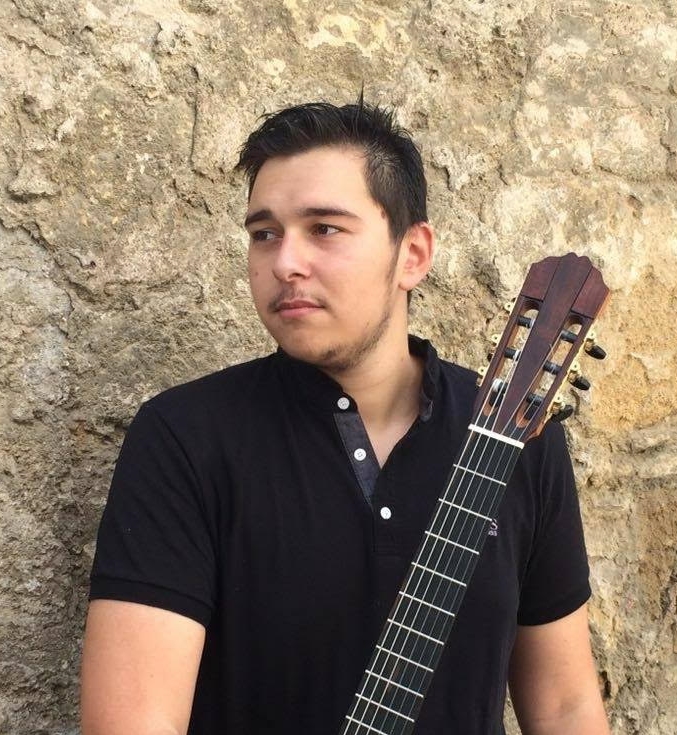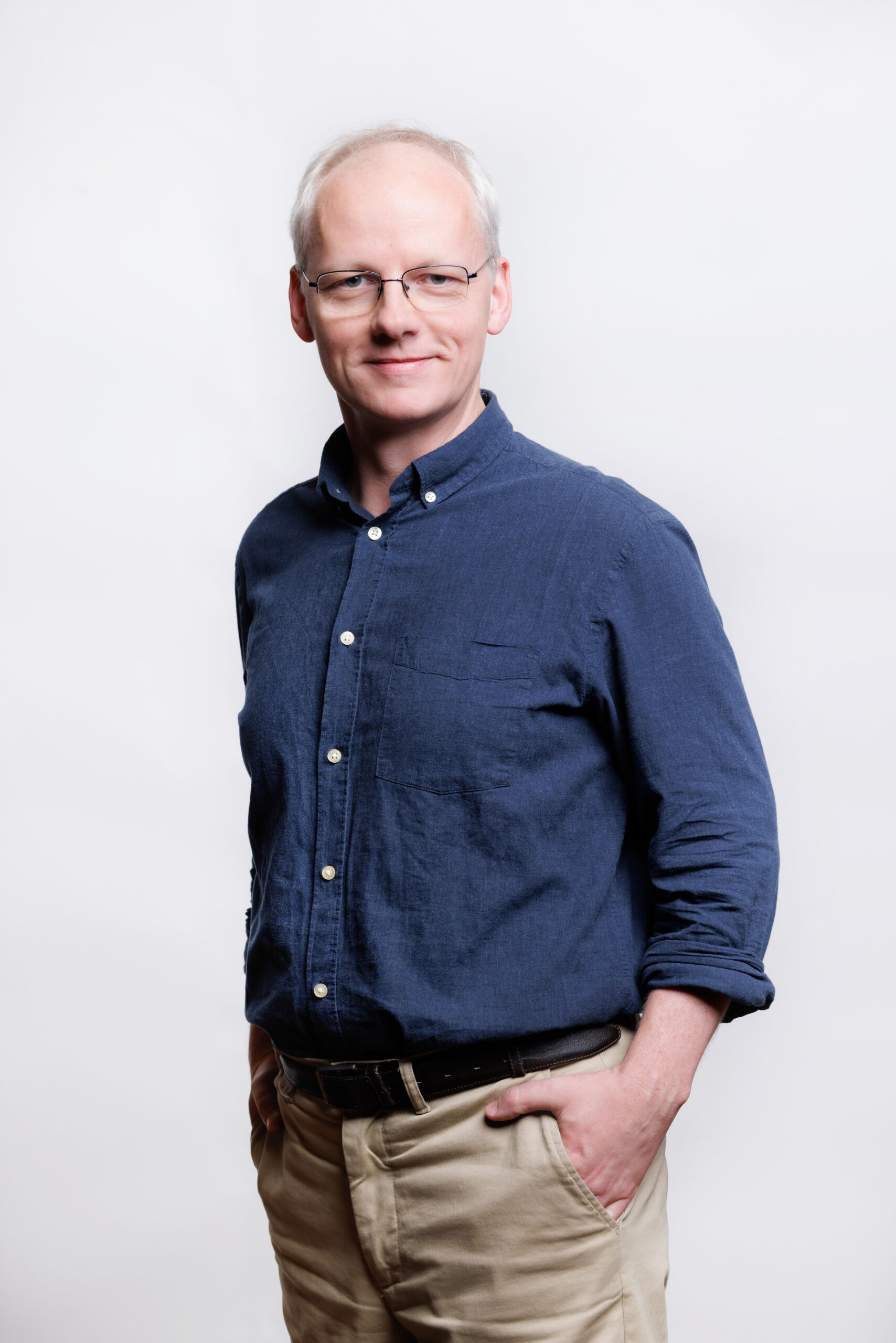Performers
- Sotiris Athanasiou guitar
- Łukasz Strusiński host
Programme
Isaac Albéniz (arr. Sotiris Athanasiou)
Prelude from España, Op. 165 [3’]
El Puerto from Iberia [5’]
Robert de Visée Prelude and Chaconne (arr. Elodie Brzustowski) [5’]
Napoléon Coste Le départ, dramatic fantasy, Op. 31 [9’]
Agustín Barrios Waltz in D minor, Op. 8 No. 3 [4’]
Benoît Mussard Gods of Olympus (selection) [4’]
II. Athena and Ares
VIII. Hermes and Dionysos
Elisabeth Angot N40 [6’]
Marek Pasieczny Tate Sonata [10’]
I. Ad un tratto
II. Furioso
III. Ostinato
IV. Variations and Finale
Concert description
The origins of the guitar are lost in the mists of history. It is related to the vast family of lutes and to the Spanish vihuella, but it is not exactly known how. One idea is that it may be a descendant of the Greek cithar. It’s already easy to recognize the distinctive shape in Renaissance instruments, but the past 150 years have brought revolutionary changes in construction and playing technique. Sotiris Athanasiou stops in his recital at several places important for the guitar. First, in the second half of the 19th century in Spain, with which it has become inextricably intertwined – thanks, for example, to flamenco, the great builders, performers and composers who wrote for it. Interestingly, Isaac Albéniz was not one of them, as he did not dedicate any piece to the guitar – Athanasiou prepared his own arrangements. However, two collections of guitar pieces were published by Louis XIV’s musician Robert de Visée, who entertained the heir to the French throne with his art, and lulled the king himself to sleep with his music. The lineage of performers and composers in one person is established in the history of the guitar, belonging, for example, to Miguel Llobet or Agustín Barrios, and today – Benoît Mussard or Marek Pasieczny. Athanasiou also cooperated with French composer Elisabeth Angot, who wrote N40, commissioned by him in 2024, about which she says: “When we met with Sotiris to discuss the project, he said he wanted ‘something that comes from very far away,’ not knowing that most of my compositions begin with exactly such a clue written in the score. I immediately heard the beginning of the piece, natural flageolets, like an echo of ancient Greek music of the spheres…”.
– Dominika Micał (pisanezesluchu.pl)





